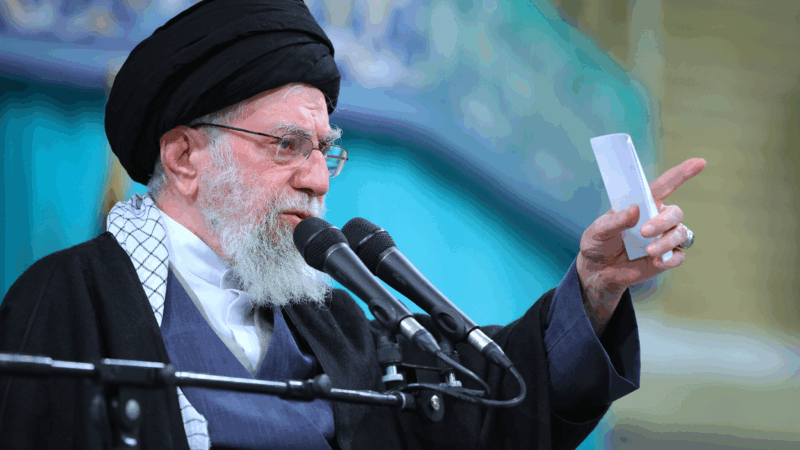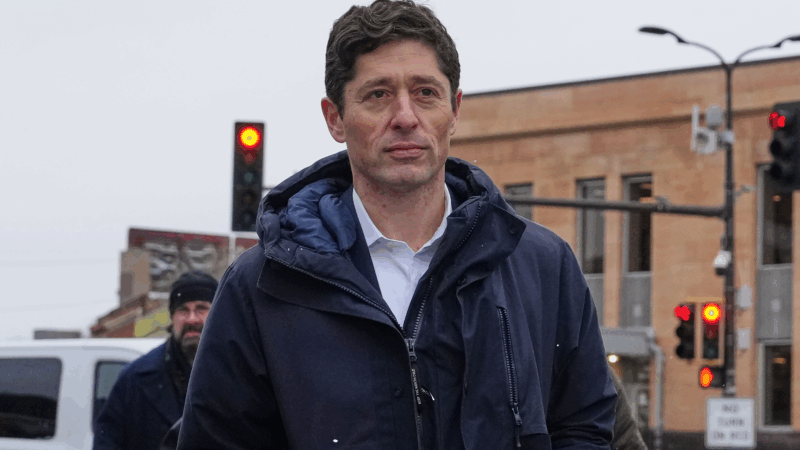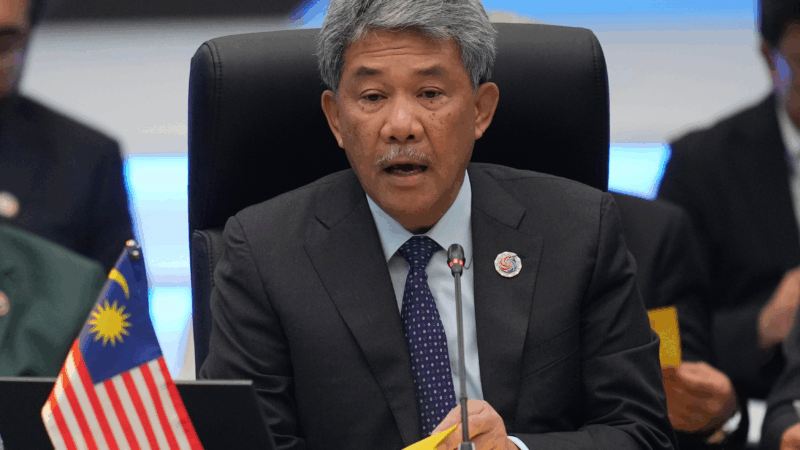Bentley Rejects Health Exchanges, Medicaid Expansion
Gov. Bentley Rejects Key Provisions of Affordable Care Act
Alabama is joining a growing list of states that will not set up an insurance exchange under the federal health care law. Governor Robert Bentley announced yesterday he will not authorize the state-based exchange. He cites cost, saying it would create a tax burden of up to $50 million dollars. He also announced he will not expand Medicaid because the state can’t afford it.
The Affordable Care Act requires state insurance exchanges (read an explainer from NPR’s Julie Rovner here). If a state refuses to set one up, the federal government will do it for them. Some observers say its ironic and risky that so many republican governors are essentially handing over control of the state health care exchanges to the federal government. But Washington Post health policy reporter Sarah Kliff argues republican governors may be “making a very smart decision that could ultimately strengthen the Affordable Care Act rather than detract from it.”
The Medicaid expansion is optional and would have been almost completely paid for by the federal government. The Kaiser Family Foundation says more than 350,000 low income Alabamians who currently don’t have health insurance would have been added to the Medicaid rolls under the expansion. The Urban Institute estimates the Medicaid expansion would have pumped $10 billion federal dollars into Alabama’s economy over the next 6 years. Alabama Arise, a statewide coalition that advocates for low-income residents, says the Governor’s decision is a major blow to the state’s health care system and overall economy.
House Minority leader Craig Ford also criticized the governor’s decision. The Gadsden Democrat says the governor “is playing politics and wants to appear like he’s fighting Obamacare, when all he has really done is turn over these crucial decisions to the federal government and lost an opportunity to get back tax dollars.”
Bill Armistead, Chairman of the Alabama Republican Party, commended Gov. Bentley for his decision.
“The voters in Alabama have spoken loud and clear in sending Barack Obama a message that we do not like his liberal policies and I am glad to stand with Governor Bentley in opposing ObamaCare here in Alabama,” said Armistead.
In related news, Nov 12 – 16 is Rural Health Week in Alabama. According to the Alabama Rural Health Association there are severe shortages of health care providers in Alabama. There are 67 counties in state. Of those, 55 are considered rural. And all of them have shortages of dental and mental health care. More than half of the rural counties in the state don’t have hospitals that deliver babies. And seventeen don’t have a dialysis clinic. The ARHA says health care shortages make it difficult to recruit industry and jobs to rural Alabama.
Brooklyn Beckham accuses David and Victoria of putting branding before family and sabotaging wedding
A Beckham family falling-out has spilled further into public view in a series of social media posts from Brooklyn Beckham alleging that his parents David and Victoria Beckham have tried to sabotage his marriage and have always prioritized public branding over their family relationships.
Israel’s Netanyahu agrees to join Trump’s Board of Peace
Prime Minister Benjamin Netanyahu of Israel said Wednesday he had agreed to join U.S. President Donald Trump's Board of Peace, after his office earlier criticized makeup of the board.
Iran warns Trump not to take action against Khamenei
Iran on Tuesday warned Donald Trump not to take any action against the country's Supreme Leader Ayatollah Ali Khamenei, days after the U.S. president called for an end to the nearly 40-year reign.
Minnesota Gov. Tim Walz, Minneapolis Mayor Jacob Frey have been subpoenaed by the DOJ
The Minnesota attorney general and St. Paul mayor have also been subpoenaed as local, state and federal officials have clashed in the aftermath of the shooting of Renee Good by an ICE agent.
ASEAN won’t endorse election in military-ruled Myanmar, Malaysia says
Malaysia's foreign minister Mohamad Hasan cited concerns over the lack of inclusive and free participation.
‘The miracle’: A 6-year-old walked away from the train wreck that killed her family
Her parents, brother and cousin were killed in the collision, but the girl was found walking barefoot on the tracks. She's being cared for by grandparents after receiving three stitches in her head.






